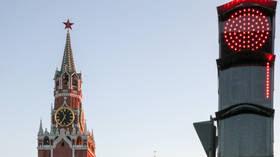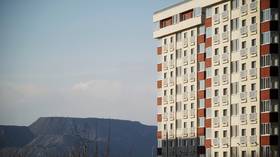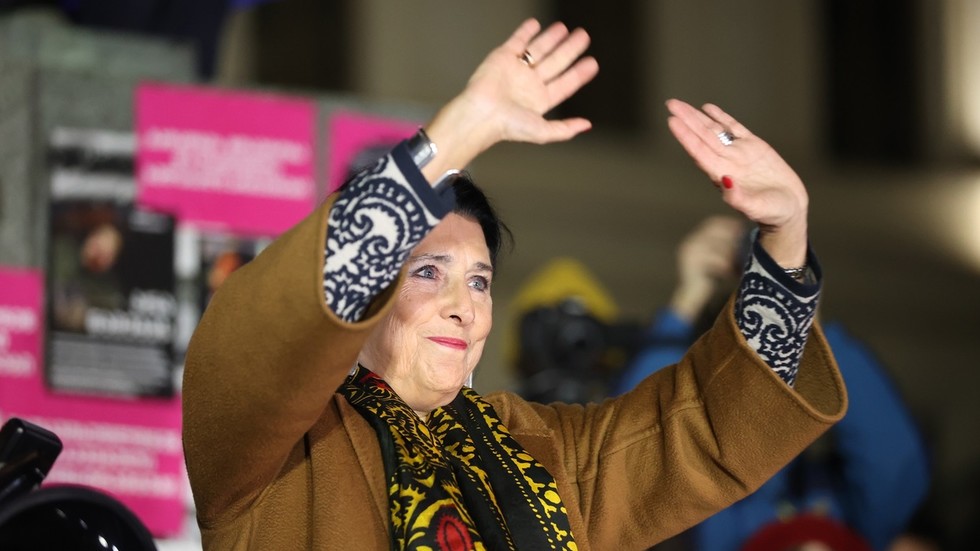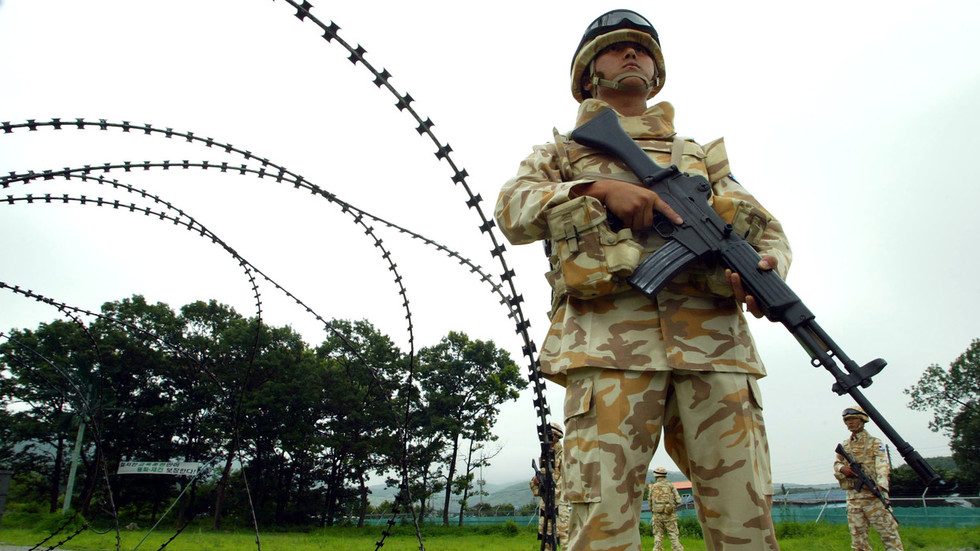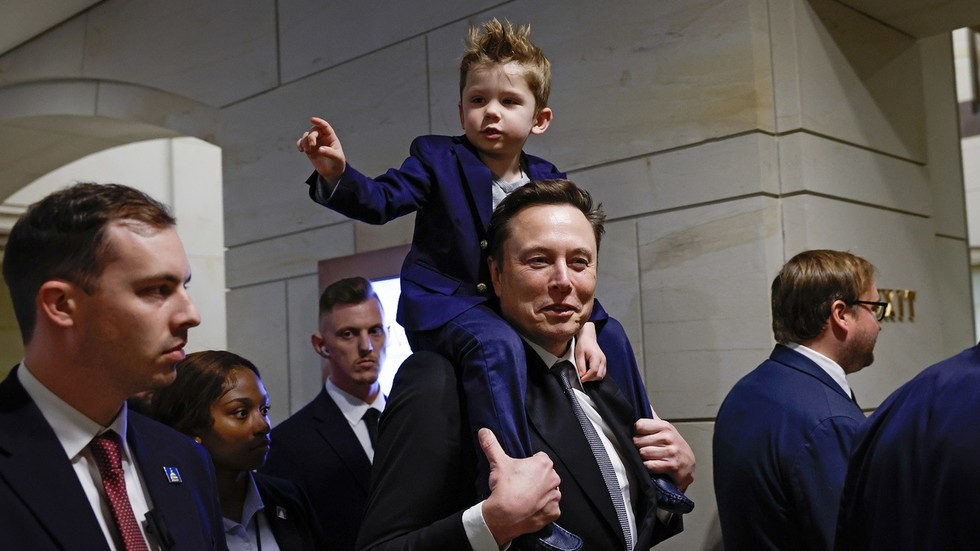President Vladimir Putin has allowed an acquisition of the German BASF company’s asset in the country by a domestic enterprise
Russian President Vladimir Putin allowed the acquisition of the BASF Vostok (BASF East) by a major domestic paintwork materials producer, Lakra Sintez. The asset in question was a subsidiary of the Germany-based BASF multinational chemical giant that decided to leave Russia back in 2022 because of the Ukraine conflict.
Lakra Sintez was granted a right to buy out 100% of shares of the BASF Vostok under a presidential decree introducing “special economic measures” in response to the “unfriendly actions of some foreign states and international organizations,” a document published by the Russian authorities says.
The decree was signed by Putin back in 2022 and envisaged a set of various measures ranging from the foreign assets’ acquisition by the Russian companies to their temporary seizure by the state agencies. The latter measure is particularly applicable if the assets in question are deemed critical for the country’s energy security.
The move came as a response to similar actions taken by some Western nations, including Germany and Poland. In June 2022, the German authorities took over Gazprom Germania. In November, Warsaw seized Gazprom’s 48% stake in the EuRoPol GAZ joint venture, owners of the Polish portion of the Yamal-Europe pipeline. The Polish subsidiary of Novatek, which dealt in liquefied natural gas and other hydrocarbons, was also seized.
In case of BASF Vostok, it would be purchased by a private Russian company. Lakra Sintez is the nation’s biggest paintwork materials producer, according to its own statements. The company owns a dozen of paintwork and construction materials brands.
BASF is the world’s biggest chemical company, with its revenue accounting for $94.83 billion in 2023, according to the German Statista online data gathering platform. The conglomerate employs 112,000 people around the world and has production facilities in 234 locations worldwide, according to its own data.
In March 2022, BASF announced its plans to leave Russia and Belarus, citing the conflict between Moscow and Kiev. The company said it “strongly condemns the Russian attack on Ukraine” at that time. In its statement, the chemical producer also said that “Russia and Belarus accounted for around 1 percent of BASF Group’s total sales” in 2021.
In 2023, the company revealed that it had to take some €7.3 billion ($7.9 billion) in write-downs because of its oil and gas subsidiary - Wintershall Dea – exiting Russia. The move was expected to push it to a full-year net loss of nearly €1.38 billion ($1.48 billion), AP reported at that time.
The German company itself had a history of questionable business practices. Its predecessor, IG Farben, which was created through “BASF’s merger with five other companies,” was actively involved in the production of infamous Zyklon B gas used in mass murder of people in the Nazi death camps.
BASF still maintains on its website that the IG Farben leadership, including the future board chairman of the re-established BASF, were unaware of “the misuse of pesticides for industrial mass extermination.”

 7 months ago
29
7 months ago
29
